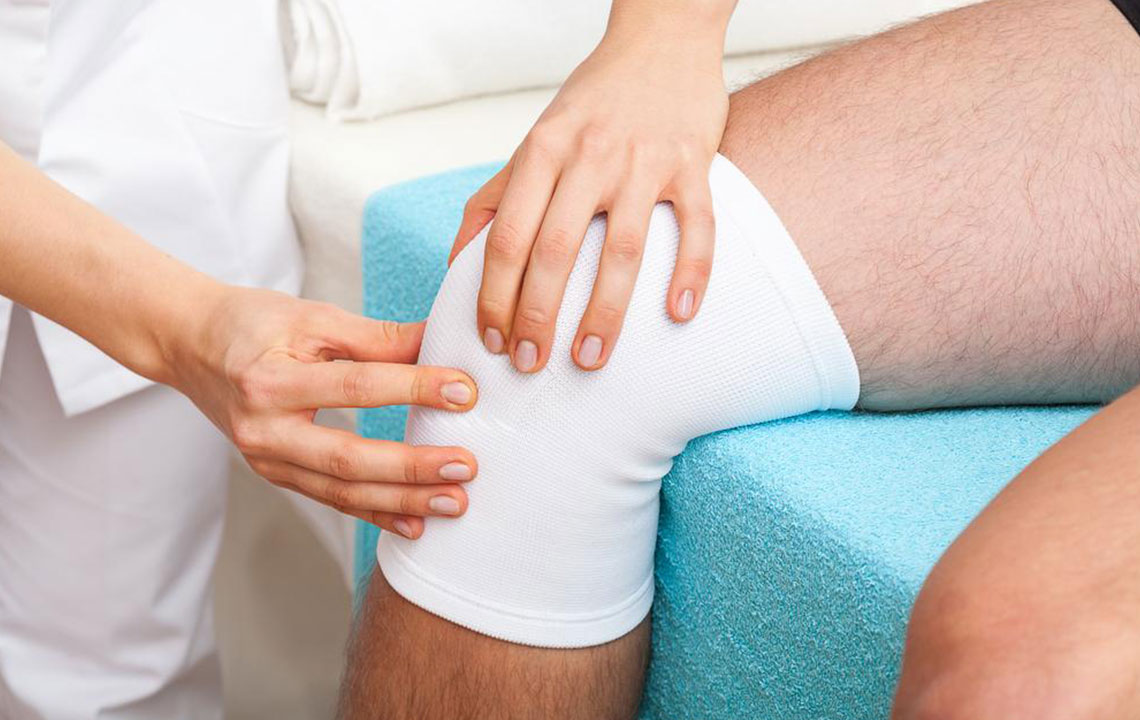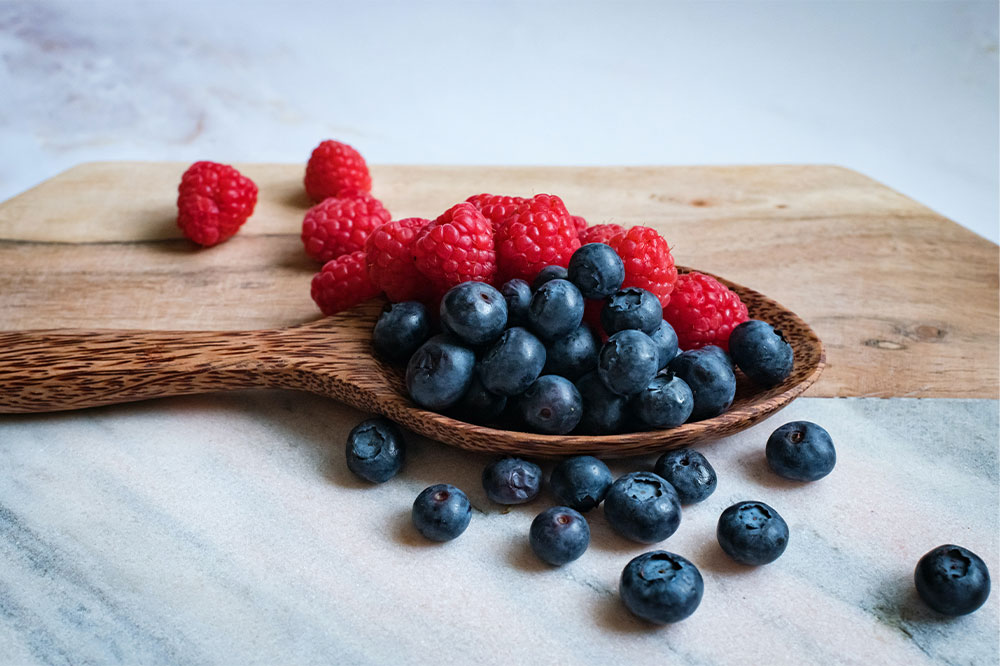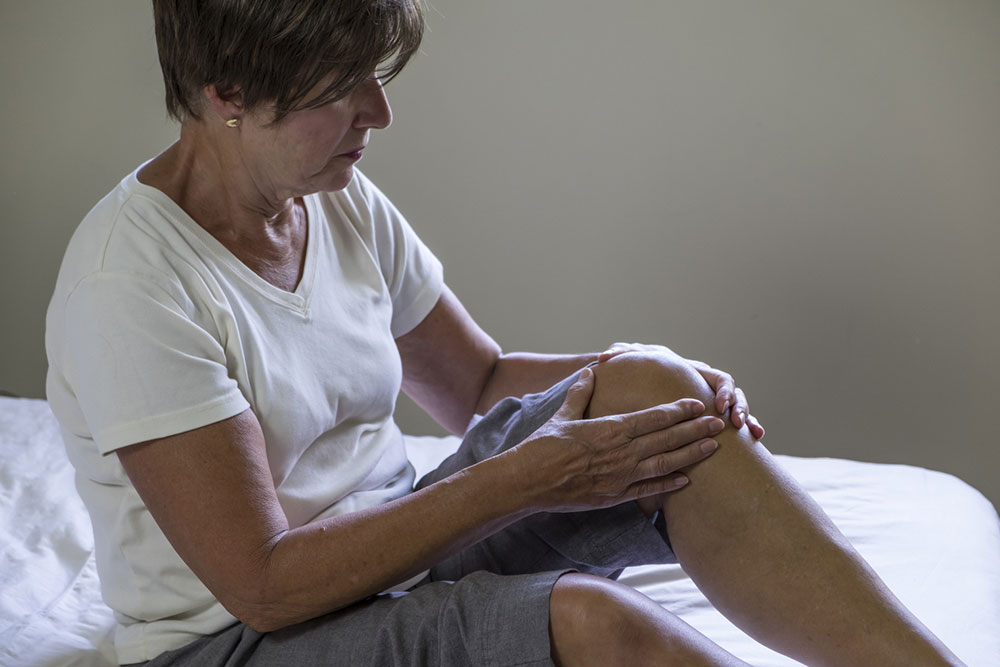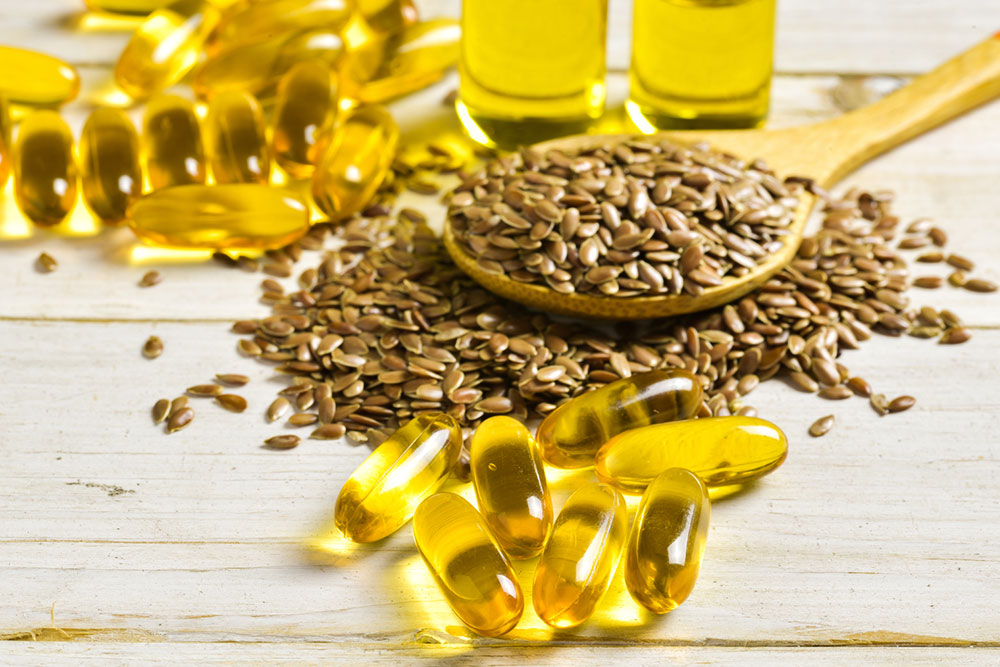Comprehensive Approaches and Natural Remedies for Managing Knee Pain
Discover comprehensive strategies and natural remedies to effectively manage and alleviate knee pain. From dietary adjustments and home therapies to exercise tips and preventive measures, this article provides valuable insights into maintaining healthy knees and improving mobility. Learn how to reduce inflammation, strengthen joint support, and prevent future discomfort through proven methods suitable for all ages. Whether caused by injury, aging, or overuse, these approaches can help you regain comfort and enhance your quality of life.

Comprehensive Approaches and Natural Remedies for Managing Knee Pain
Knee pain is a widespread condition that affects people across different age groups and lifestyles. This discomfort can be caused by a variety of factors including injuries, overuse, joint degeneration, or the natural aging process. The knee is a crucial joint that supports the body's weight and facilitates movement, making pain in this area particularly disruptive to daily life. As one of the body's largest joints, the knee is susceptible to stress, wear and tear, and sudden impacts, which can lead to discomfort, swelling, stiffness, and reduced mobility. Recognizing early symptoms and understanding the most effective treatment and management techniques is essential for maintaining joint health and improving quality of life.
Fortunately, there are numerous natural remedies, lifestyle modifications, and home-based strategies that can significantly alleviate knee pain and prevent further damage. These approaches not only reduce discomfort but also promote overall joint health. Incorporating anti-inflammatory foods such as ginger, turmeric, and omega-3 fatty acids into your diet can help lower inflammation levels in the joints. Regular soaking in Epsom salts, which contain magnesium sulfate, can relax muscles and ease soreness when used properly. Increasing magnesium intake through diet or supplements supports muscle function and joint health as well.
Staying active is crucial for maintaining healthy joints; low-impact exercises like swimming, cycling, and walking help strengthen the muscles around the knee, providing better support. Maintaining a healthy weight is another key factor since excess weight adds stress to the knee joints, accelerating wear and tear. Additionally, certain essential oils, such as peppermint and eucalyptus, possess anti-inflammatory and analgesic properties that can be applied topically to provide symptomatic relief.
Therapeutic techniques like RICE (Rest, Ice, Compression, Elevation) are widely recommended for acute injuries to reduce swelling and promote healing. Cold therapy minimizes inflammation and diminishes pain by constricting blood vessels, while heat therapy (like warm compresses or hot packs) enhances blood flow, relaxes tense muscles, and alleviates stiffness. Combining these strategies with mindful activity and proper stretching routines can help reduce the risk of future knee problems.
Preventive measures are vital in managing knee pain effectively. Wearing supportive footwear, avoiding high-impact activities during flare-ups, and engaging in strength training exercises tailored for joint health can make a significant difference. Consulting healthcare professionals for personalized assessments, physical therapy, or early intervention when symptoms arise can prevent minor issues from escalating into chronic conditions. With consistent care, proper nutrition, and lifestyle changes, managing and alleviating knee discomfort becomes a feasible goal for many individuals.





